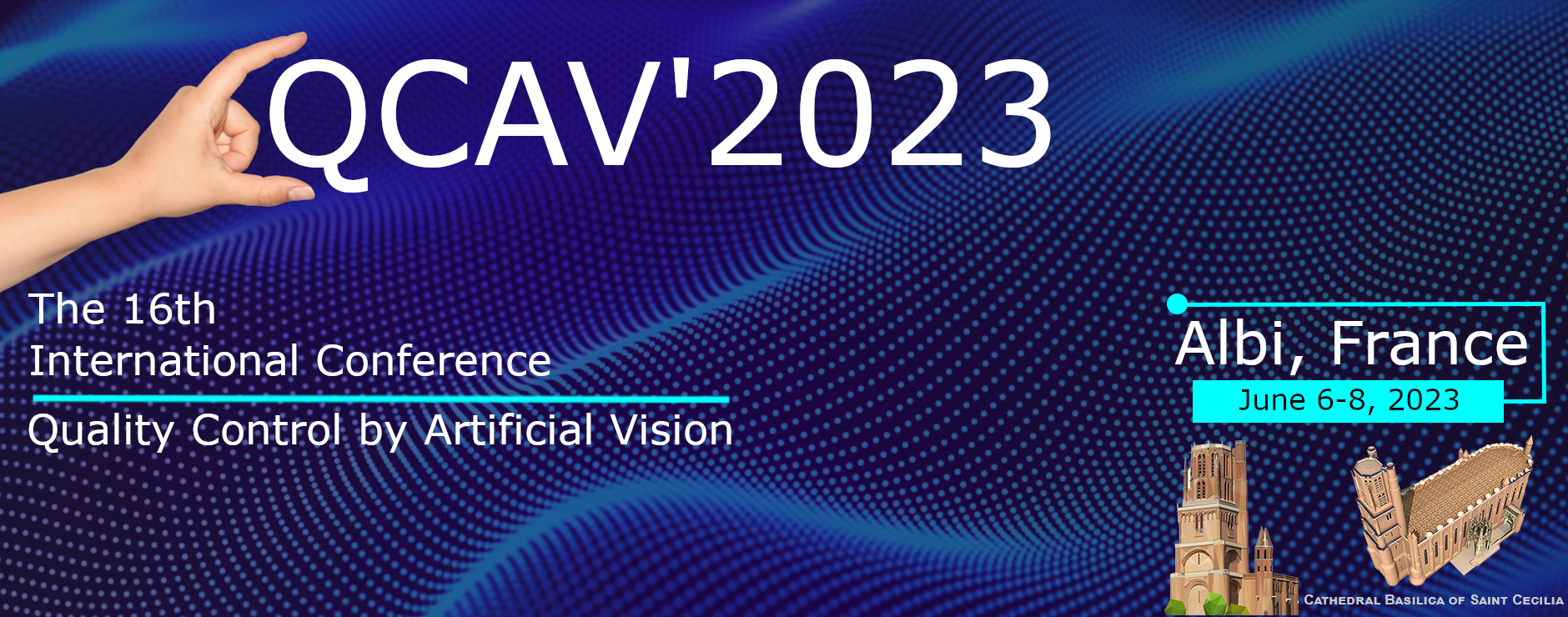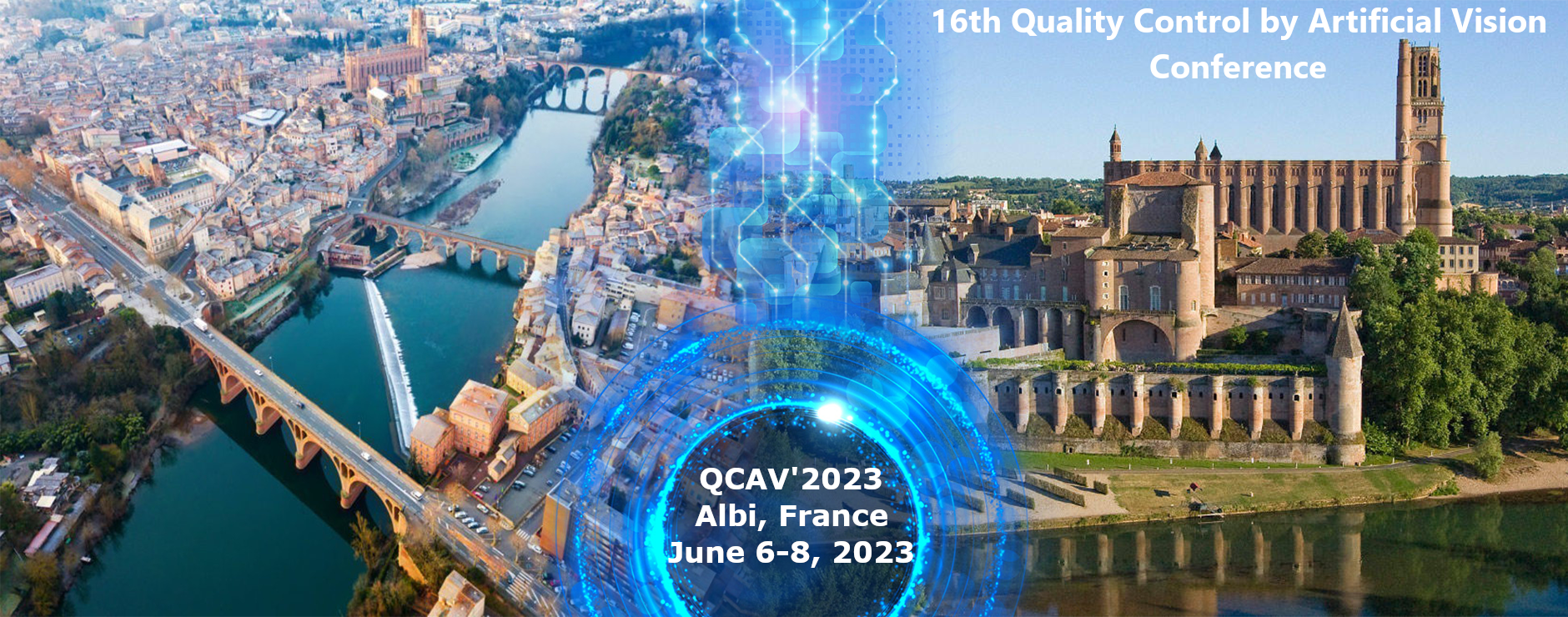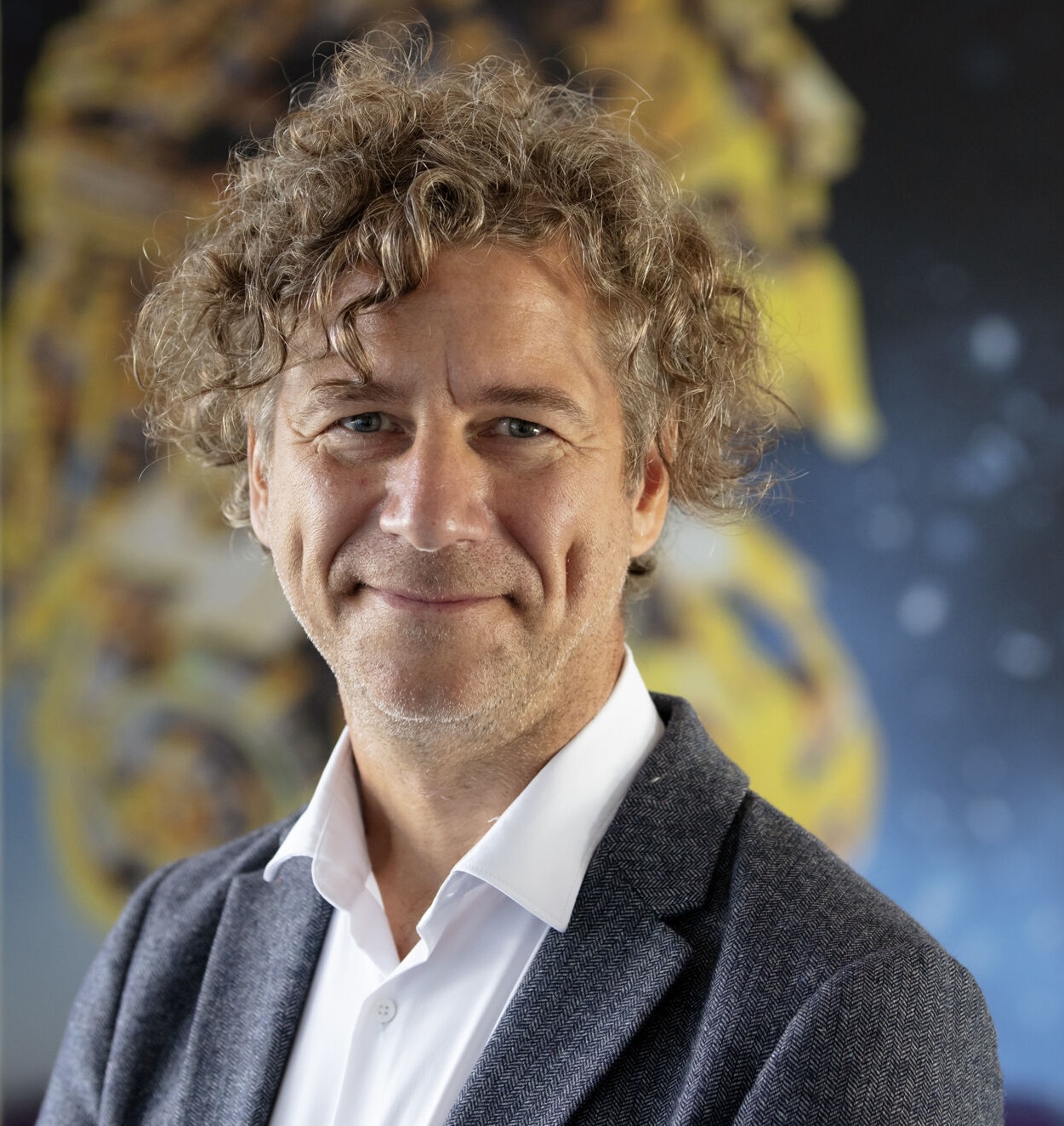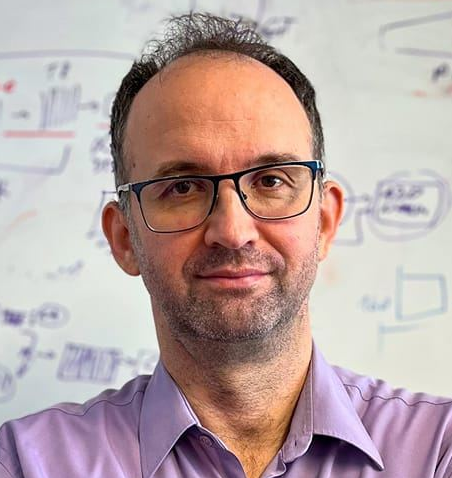|
|
|
Invited Keynote LecturesKeynote Speaker – Steve Vanlanduit
Steve Vanlanduit graduated as a mathematician from the university of Antwerp in 1997. After his studies, he obtained a PhD in system identification for mechanical systems in the Department of Electrical Engineering (ELEC) of the university of Brussels. In 2003 he became a professor in the Department of Mechanical Engineering (MECH) of the VUB, where he mainly performed research on optical measurement techniques in vibration engineering. In 2014 he moved to the University of Antwerp, where he is now vice-dean of research in the Faculty of Applied Engineering and chairman of the Industrial Vision Lab (InViLab) research group. Steve has authored over 200 journal publications on the use of optical measurement techniques in different domains (vibration engineering, flow measurement, robotics, quality control, materials inspection, etc.). He is a member of the editorial board of several scientific journals in the field of metrology and sensors. Throughout his career, Steve has been actively involved in the organization of several international networks and conferences on optical measurement techniques (including the Measurement by Light and OPTIMESS conference series). Abstract: Multi-spectral imaging for inspection and quality control of coatingsCoatings and other surface treatments are commonly used to protect materials from environmental exposure. This is the case for offshore structures, aircraft, vehicles but also petrochemical equipment (which are all subject to corrosion). To guarantee a long service life of quality control must be performed when applying the coating, and non-destructive inspection should be performed regularly during the operation of the structure. In this presentation, we will demonstrate that multi-spectral imaging techniques can be used for quality control and non-destructive inspection of coatings. In the first part of the presentation, we will give an overview of the different existing multi-spectral camera technologies and we will discuss their strengths and limitations. The second part of the talk deals with different machine learning methods for multi-spectral imaging. In the last part of the presentation, we will give an overview of different industrial cases studies: e.g. quality control during (laser ablation) cleaning of material surfaces, detection of coating defects like drops and non-uniformities in coating thickness after the application of the coating and inspection of coating deterioration after UV exposure and accelerated corrosion testing. Keynote Speaker – Danijel Skočaj
Danijel Skočaj is a full professor at the University of Ljubljana, Faculty of Computer and Information Science. He is the head of the Visual Cognitive Systems Laboratory. His main research interests lie in the fields of computer vision, pattern recognition, deep learning, and cognitive robotics. He has led or collaborated in a number of projects from these research areas, such as EU projects, national research projects as well as industry-funded applied projects. Through research and development projects he facilitates the transfer of research findings into practical applications. He is also interested in the ethical aspects of artificial intelligence, machine learning and robotics, and the influence of the development of these technologies on society. He served as the president of the IEEE Slovenia Computer Society, and as the president of the Slovenian Pattern Recognition Society. Abstract: Data-driven learning-based machine visionIn the last decade, computer vision has made tremendous progress, driven by rejuvenated deep learning and fuelled by large quantities of data that have become readily available. In the last couple of years, the data-driven learning-based approach has also started entering a more conservative engineering discipline of machine vision. It has proven to be a very promising alternative to the main development paradigm, which is based on developing hand-engineered specific solutions for machine vision problems. The learning-based approach facilitates more general, efficient, flexible and economical development, deployment and maintenance of machine vision systems. In this talk, we will discuss this new development paradigm. Several data-driven approaches to surface defect detection will be presented, ranging from unsupervised to fully supervised methods. We will discuss the advantages of these approaches and the challenges they face and address the role and opportunities of learning-based approaches for efficient visual inspection as well as for solving other tasks that rely on the processing of visual information in the framework of the Industry 4.0 paradigm. |






